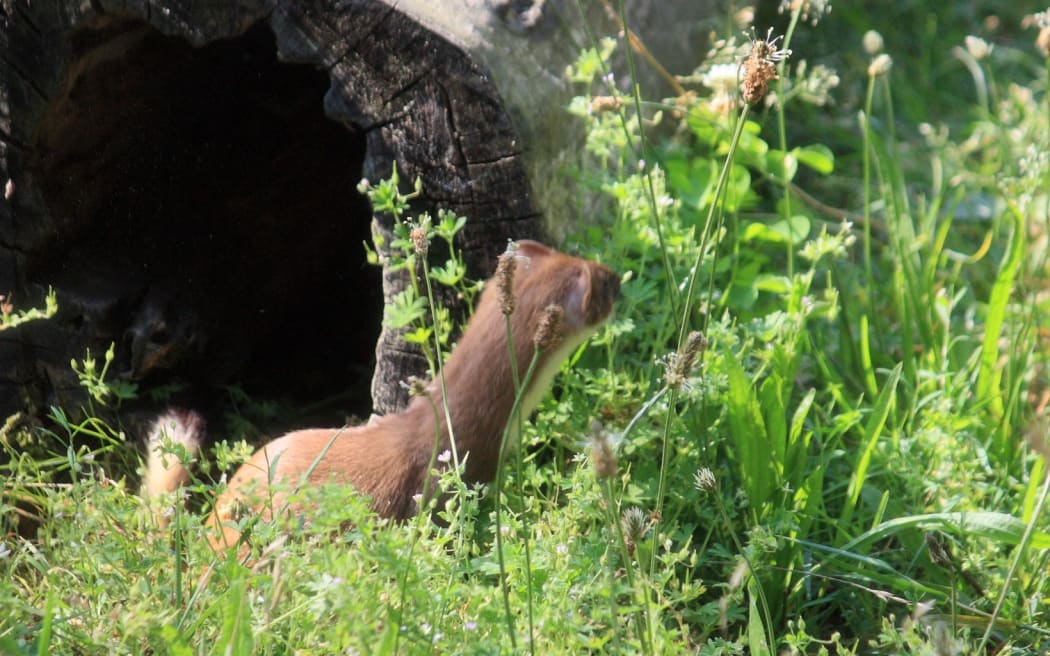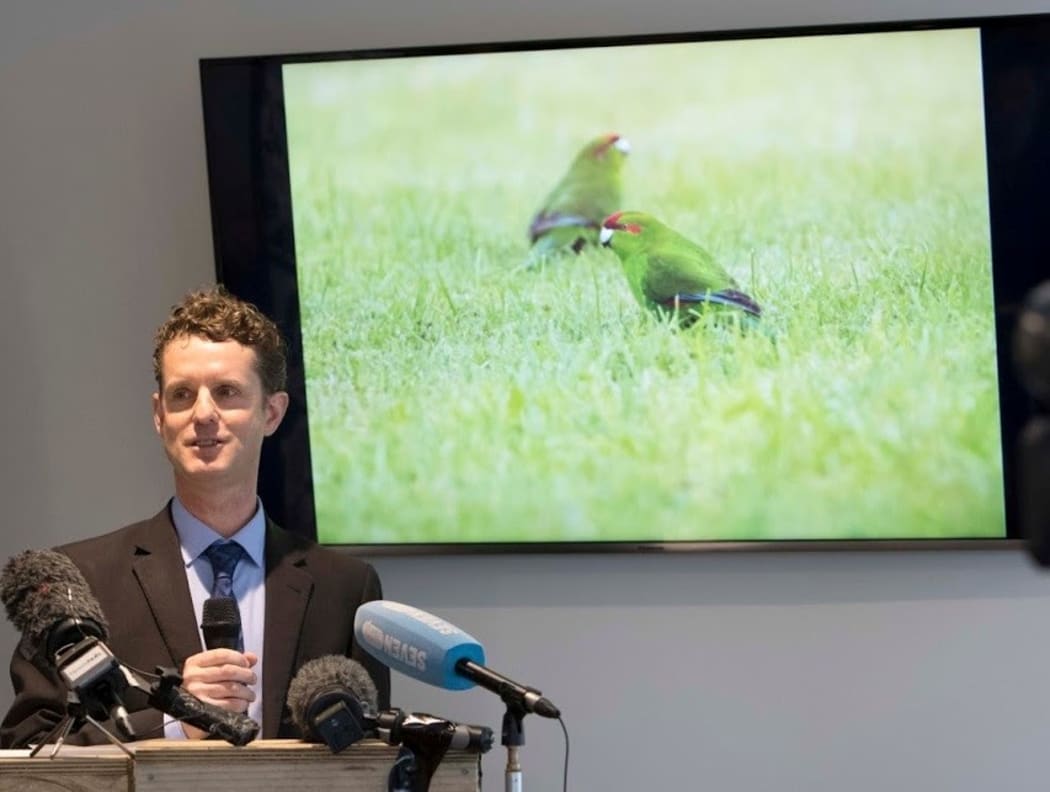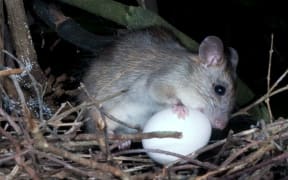Seeing a weasel outside his house in 2014 inspired Wellington man Kelvin Hastie to find a way to get rid of the pests.

Photo: 123rf
Within months, the Crofton Downs Predator Free Community project he spearheaded had one in five houses in the suburb catching the pests, with 27 weasels and stoats, and 184 rats and possums reported trapped in backyards.
Within a year, the number caught dropped to zero.
With the help of the Next Foundation, the movement to widen the community of trappers has since spread across 12 Wellington suburbs, as far north as Plimmerton.
Mr Hastie said new programmes were starting in different suburbs around the city every week.

Kelvin Hastie Photo: Supplied
The latest was in the suburb of Seatoun, where possums had been eradicated for several years. Efforts were now centred on removing rats, stoats and weasels.
Mr Hastie said 140 people had signed up to be part of the trapping programme on Saturday and there would be another sign-up event on Tuesday.
"The more the merrier. If they can get to one in four, that would be amazing.
"People are signing up to have a trap in their back yard and to look after that trap - have it set at all times and to report if they catch anything in their traps.
"By making those reports, they can develop some baseline data and they can understand what's going on and where are the hotspots in their community or those areas where there might be more rats than in other areas."
Mr Hastie said some communities were asking for a donation and other communties were giving the traps away for free.
He said the traps were a snap rat trap inside a wooden tunnel, inside a box, designed to instantly kill the pests.
"We are lowering the chances of cats or children standing on the trap by having it in a covered box. We are ensuring that the animal inside the box meets the trap in the right way and not side on to the trap."
Once in the community instead of just being in individual backyards, the trapping would be seen as belonging, he said.
Free range chickens were a real problem.
"There are these wonderful containers that you can buy where the chicken stands on the box and it opens and they can have their feed and when they are finished it closes again.
"If you are just going to throw scraps on the ground, rats are going to be attracted and there's a real problem. But the bins to stop the feed beng available to rodents stop that problem.
"The mesh opening of the box makes it safe for animals other than the pests that are being targeted."
Mr Hastie said the programme was hoping to encourage other 'community champions' to come forward and run the programme in their own communities.
He hoped the project could make Wellington City the first capital in the world to be predator free.
Predator Free communities had sprung up in Wellington suburbs Wilton, Ngaio, Khandallah, Wadestown, Highbury, Northland and Plimmerton after the success of the project in Crofton Downs.
Mr Hastie said he was hoping that in ten years the project would leave the city teeming with birds and enable the reintroduction of kiwi and kōkako and some rare lizards.




